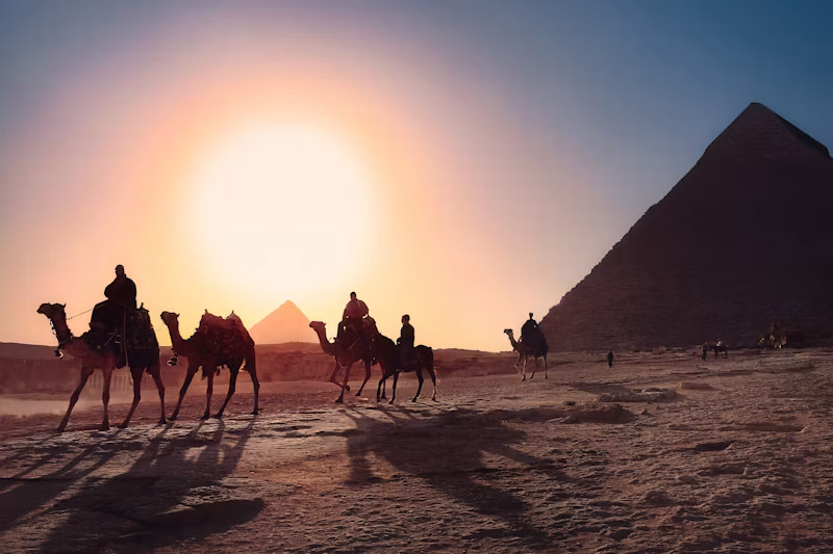Algeria & Mauritania meet to discuss strengthening bilaterial defense cooperation.
According to reporting by Anadolu, Algeria and Mauritania discussed ongoing security issues in Africa and signed a defense cooperation agreement

I was surprised to see this year’s soft power index featured four Maghreb countries out of the top six African ones as identified by the British consultancy firm Brand Finance. Leading the survey was Egypt, followed not surprisingly by South Africa, but then three more Maghreb countries, Morocco, Algeria and Tunisia (3rd, 4th and 5th respectively) beat out Nigeria and Ghana (6th and 7th).
So, what exactly is soft power and why does it matter? Essentially the index measures the strength and appeal of a country's soft power assets, including its cultural heritage, education, governance, and global reputation. Soft power is also defined as a country's ability to influence the sympathies and behavior of other peoples and states across the international spectrum, through its example and its values, rather than coercion.
Egypt possesses numerous types of soft power that help Egypt to maintain influence, build relationships, and shape perceptions on the global stage.. Among the most important are its language, history, culture, and political geography.
Quite simply Egypt's ancient civilization, with its iconic monuments such as the Pyramids of Giza, Sphinx, and temples along the Nile, is a significant source of soft power. These ancient wonders attract millions of tourists every year, fostering an image of cultural richness and historical significance.
In terms of education, historical and civilizational heritage Egypt has one of the oldest and most prestigious centers of Islamic learning, Al-Azhar University in Cairo serves as a symbol of religious authority and scholarship in the Muslim world. It attracts students and scholars from around the globe, enhancing Egypt's influence in Islamic education and thought.

In modern times, Egypt plays a significant role in regional diplomacy, particularly in the Middle East and Africa. Its involvement in peace processes, mediation efforts, and hosting international summits enhances its reputation as a stabilizing force in the region.
Egypt’s pivotal role in its support for Arab causes, especially the Palestinian cause and the Palestinian people’s struggle against the Israeli occupation. It has also supported African causes, from the continent’s anti-colonialist and national liberation struggles to its developmental causes of today.
But it is in the arena of media, cinema, television, the theatre, music and literature where Egypt is seen as a pioneer. The Cairo-based Sawt Al-Arab (Voice of the Arabs) radio station, for example, was a major vehicle in unifying the Arab peoples against colonialism. As well as the radio & TV stations such as Egyptian Directed Transnational Radio Network (EDTRN) and Nile TV International channel are prime examples of soft power.
Egyptian culture thought and foreign policy values are a source of inspiration, and innumerable Egyptian intellectuals, artists, writers and religious leaders have contributed to shaping a collective consciousness. It is no wonder that Egypt continues to lead the African soft power index.
Kieran Baker is an Emmy award winning journalist who has started up various networks including Al Jazeera English, Bloomberg TV Africa and TRT World.
Sign up for the weekly newsletter and get our latest stories delivered straight to your inbox.